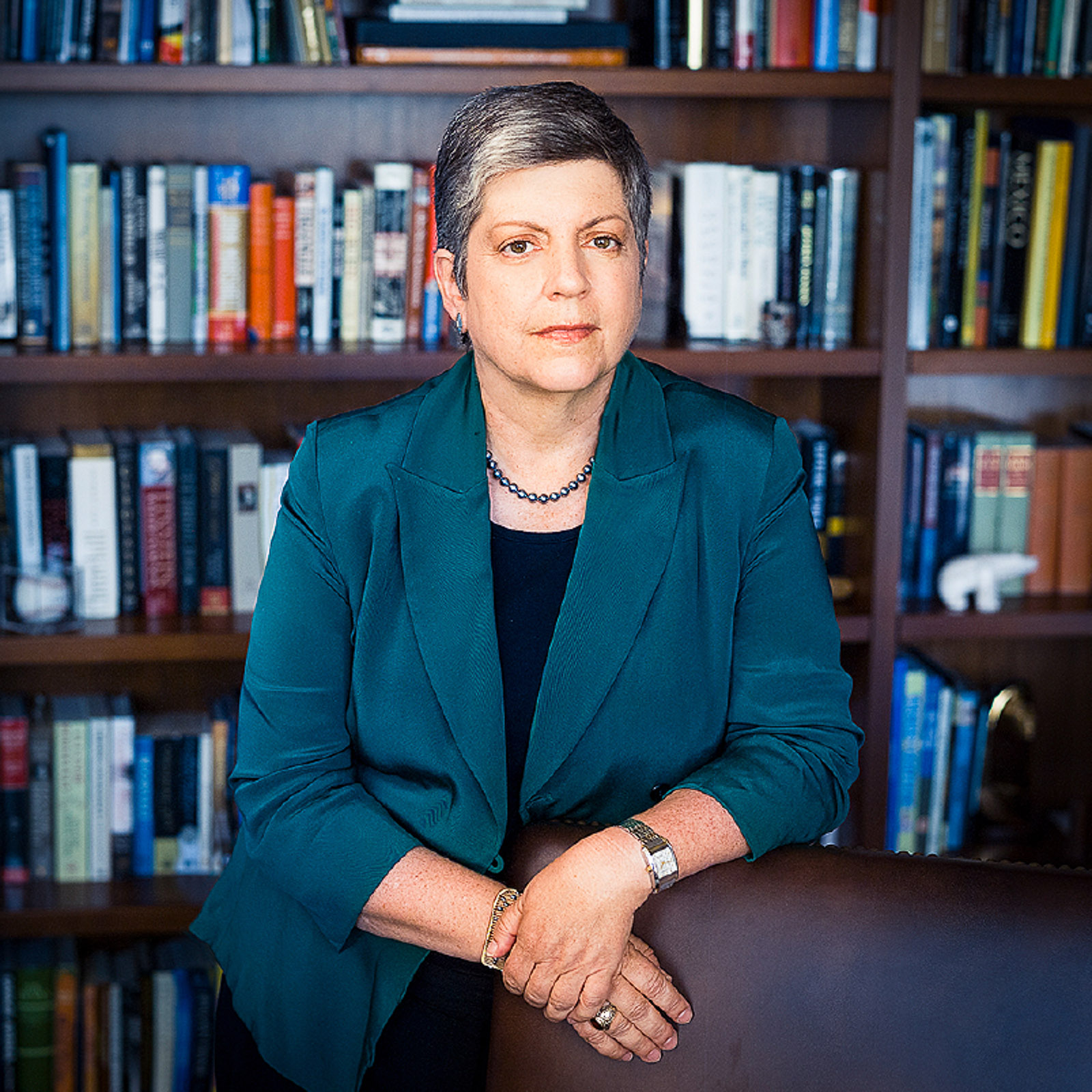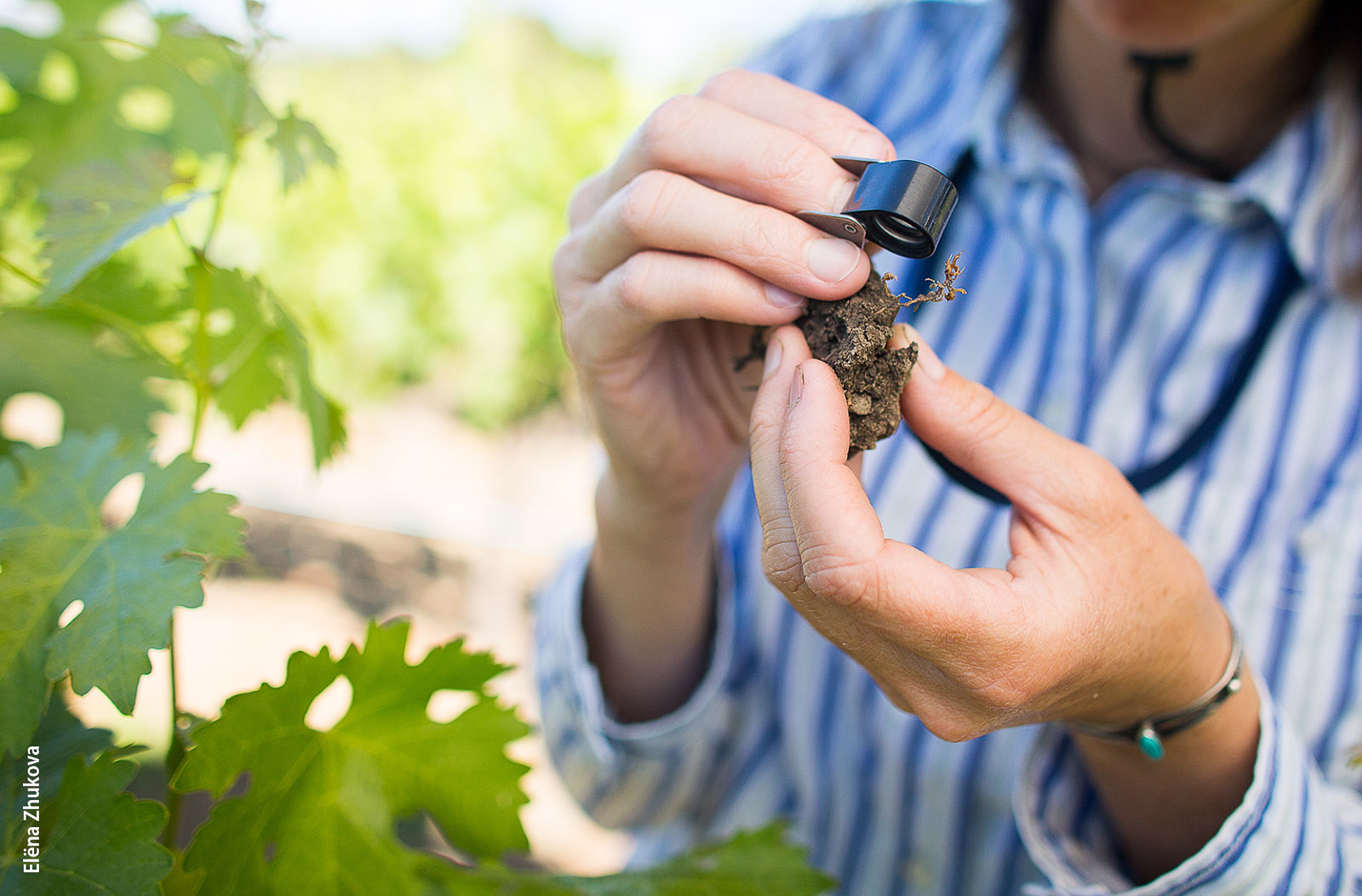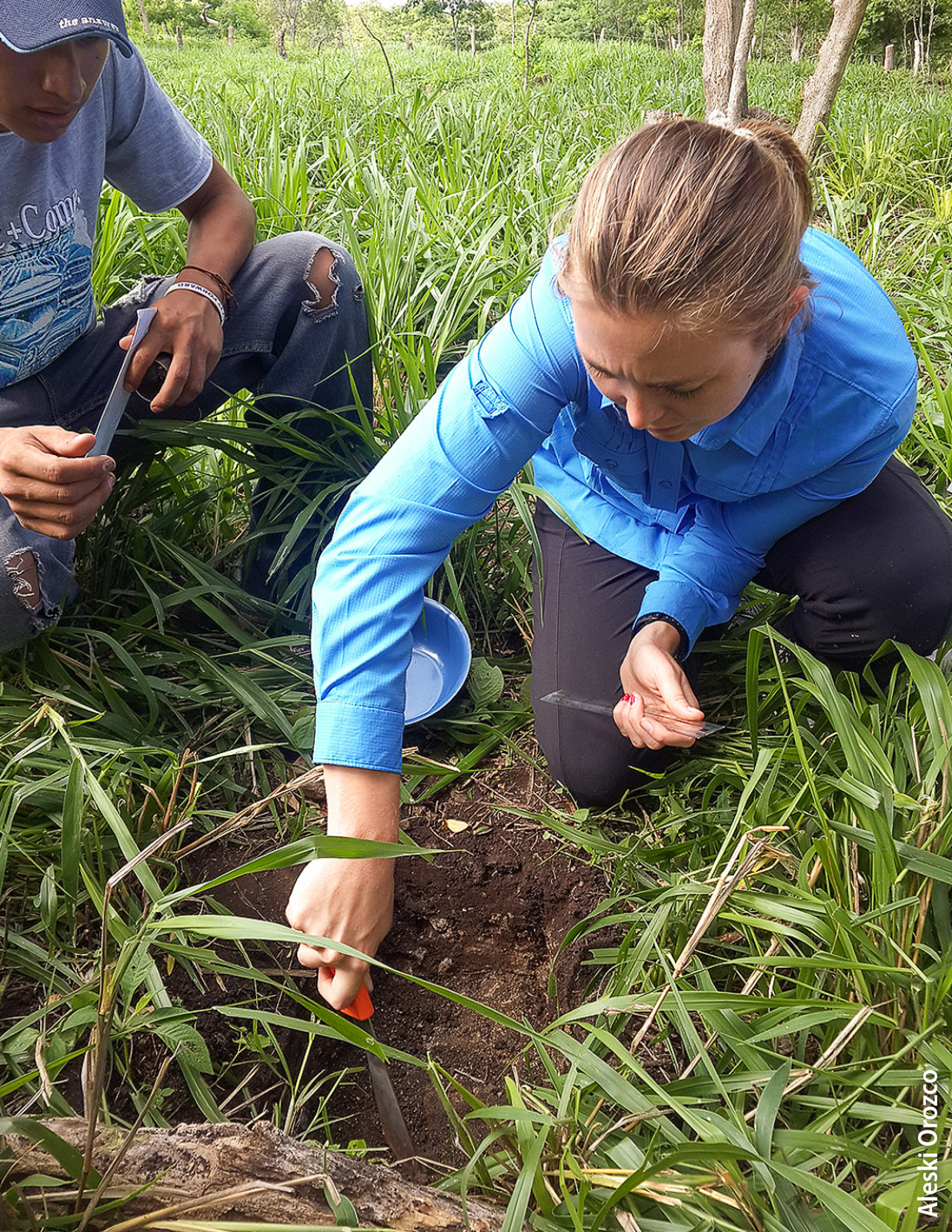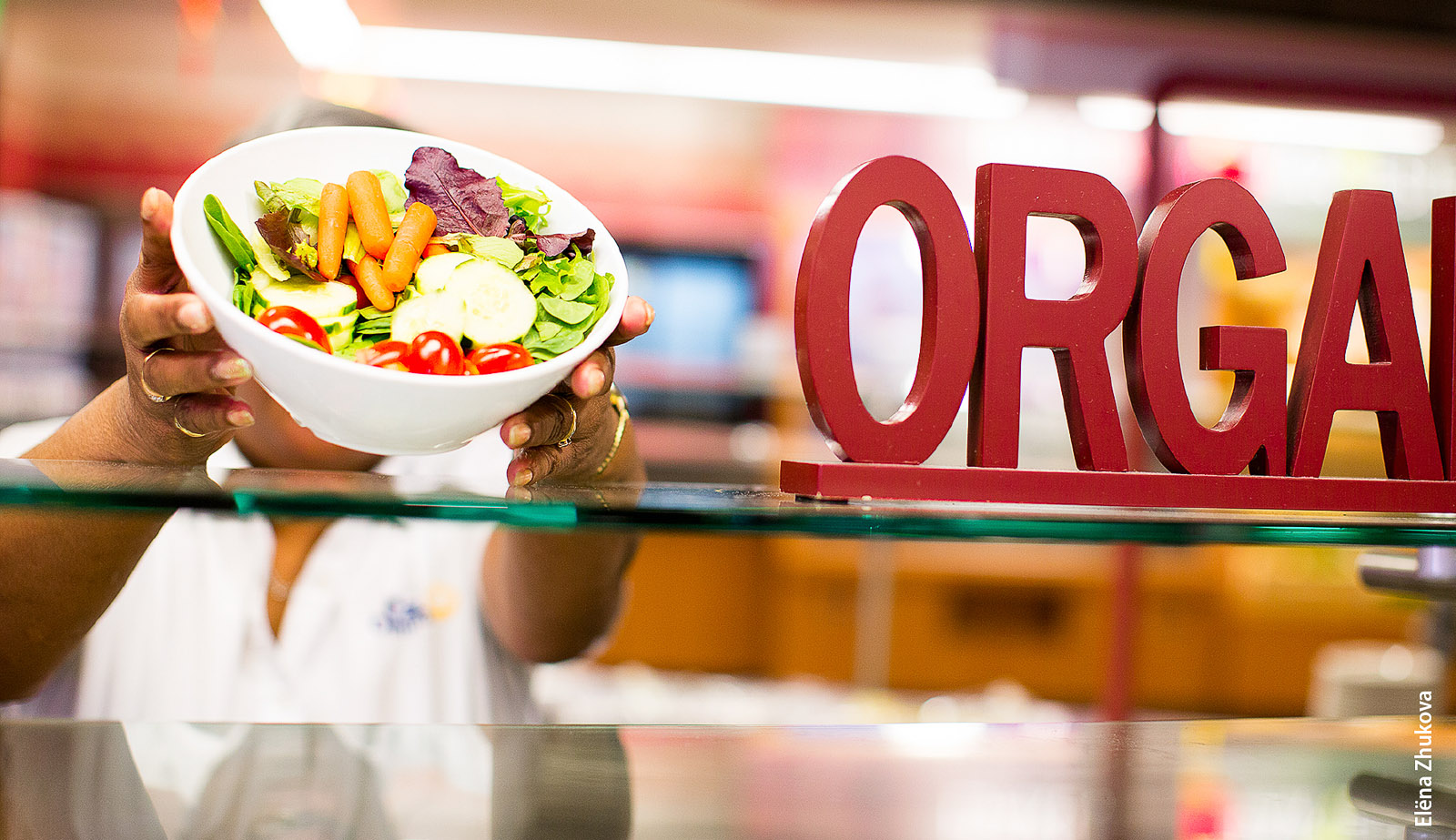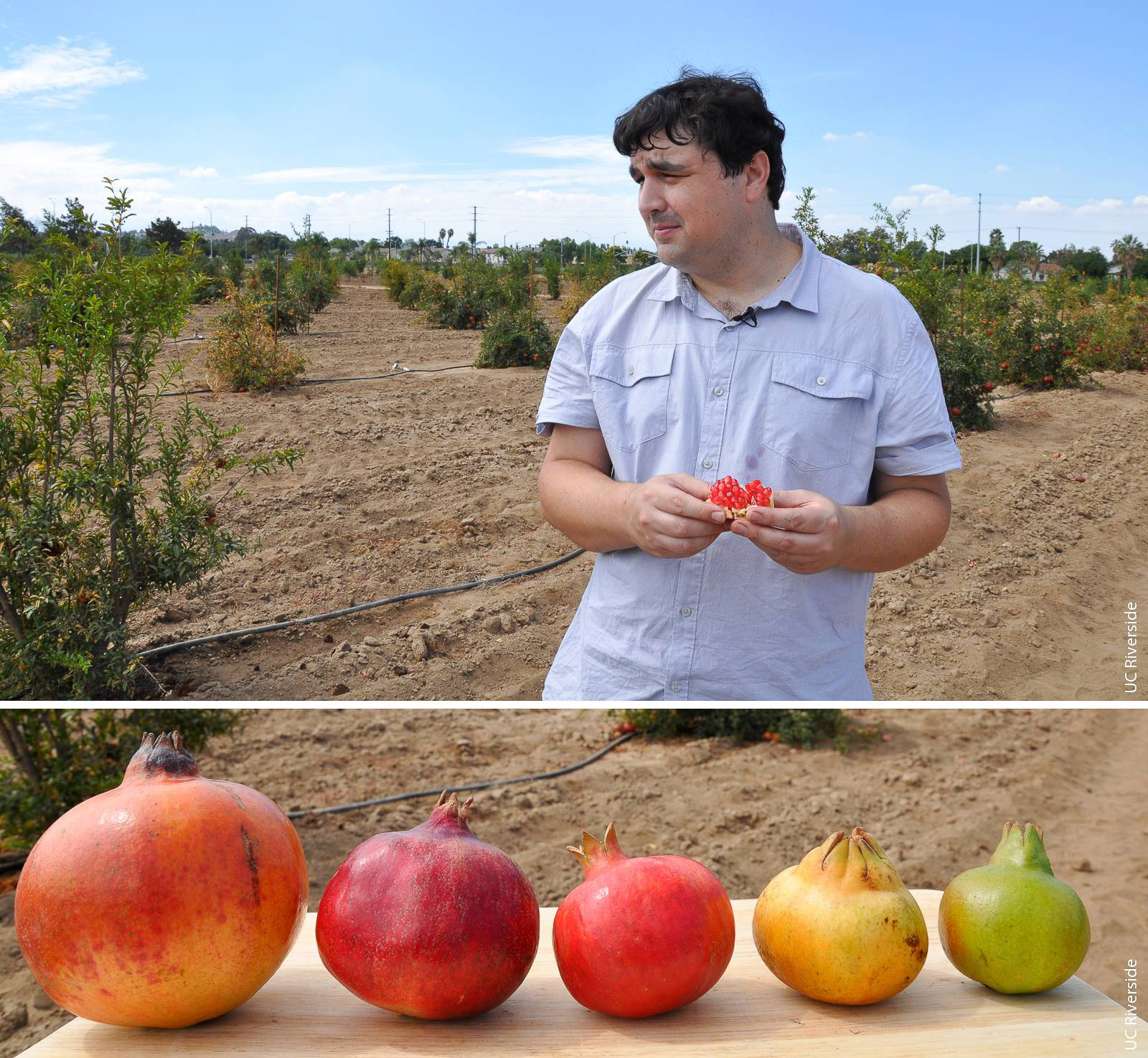Calag Archive
Calag Archive
UC and California food systems: Growing together through the Global Food Initiative
Publication Information
California Agriculture 71(3):100-101. https://doi.org/10.3733/ca.2017a0032
Published online September 13, 2017
PDF | Citation | Permissions
NALT Keywords
Summary
The will and the ingenuity to think big and take bold action has always been the hallmark of California agriculture and the connection between the industry and the University of California runs deep.
Full text
In the early 1900s, a young man immigrated to the United States from Italy. He mined coal in Pennsylvania to make money for a train ticket west to San Francisco. There, he dug sewer lines until he earned enough to buy 40 acres of land in the Central Valley, where he planted grapes and launched his own business.
A generation later, the man's 24-year-old son, Ernest, asked a librarian at the public library in Modesto for help. Prohibition had just been repealed, and Ernest saw a business opportunity for his family's vineyards: winemaking. But he and his brother knew nothing about making wine.
The librarian directed him to the library's basement, where he discovered a few dusty pamphlets on winemaking. The pamphlets were written by a UC Berkeley viticulture professor named Frederic Bioletti. Working off of Bioletti's pamphlets, the two brothers made their first wine that year, in 1933.
Today, E&J Gallo Winery is the largest wine producer in the world.
The will and the ingenuity to think big and take bold action has always been the hallmark of California agriculture. This success story is a prime example of the California agriculture industry's spirit of innovation, and that the connection between the industry and the University of California runs deep.
For generations, UC researchers have worked in the laboratory and in the fields, orchards and vineyards across California, striving to improve crop yields, increase efficiency, and find smarter ways to farm. Armed with UC's latest research and discoveries, California almond growers have nearly doubled their yields.
Research at the UC Davis Oakville Research Station in Napa County includes work on pests and diseases of vineyards.
Farmers have benefitted from new varieties of a range of crops, including citrus, strawberries and avocados. And UC experts have helped artisan cheesemakers develop a strong niche market within California's nation-leading dairy industry.
Today, the University of California continues to serve as a leader and a trusted partner in this progress. UC research is venturing into new frontiers, enabling California growers to better anticipate the future of agriculture, and thrive at the nexus of food, energy and water.
Both farmers and researchers are grappling with a complex challenge: how can we sustainably and nutritiously feed a growing world population — one that's expected to reach 8 billion people by 2025?
This question lies at the core of the UC Global Food Initiative, which I and the chancellors launched in 2014. And answering that question will require us once again to think big and take bold action, collectively.
The goal of the Global Food Initiative is to harness the university's vast resources and expertise to find solutions. Together, UC's 10 campuses, three national laboratories and 57 agricultural extension offices are working to develop innovative, scalable solutions to food-related problems in California, the nation and the world. We are doing this through research and public outreach, and by empowering UC students and convening working groups to tap the brainpower of UC faculty.
UC faculty members conduct groundbreaking research on sustainable agriculture, new types of crops, food-waste reduction, good nutrition and drought-friendly farming practices. Their research doesn't linger in the lab — UC experts bring the latest science and expertise to communities throughout California and beyond. They advise growers, help educate youth participating in 4-H, and work with K-12 schools to make student lunches more nutritious and sustainable.
Our Global Food Initiative student fellows are striving to create healthier, stronger food systems. More than 200 GFI fellowships have been awarded to UC graduate and undergraduate students, providing financial support to pursue food-related research, internships and projects. Through these projects, UC graduate and undergraduate students are investigating the impacts of food insecurity on homeless adults with HIV, and analyzing climate models to help provide the best available information on chill hours for Central Valley farmers.
Emily Webster, a graduate student in horticulture and agronomy at UC Davis, trains a field team of Nicaraguan farmers and university agriculture students on soil sampling protocol.
The initiative is also helping to sponsor UC students with international fellowships to spend two to six months abroad helping partner organizations solve scientific, technological, organizational and business challenges. These graduate students are engaged in an array of regions and projects. They are helping Himalayan farmers recover from the devastating 2015 earthquake in Nepal, for example, and working with Venezuelan cacao farmers to diversify and grow higher-value crops while protecting native forests.
Here in California, UC experts helped the state weather a devastating drought. With the Sierra snowpack larger than the four previous years combined, Californians may have — temporarily — set aside their drought worries. But UC researchers are already working to understand and help prepare California for the repercussions of climate change, including drought. Specifically, they are looking at how changing climate conditions will affect California agriculture, which could have enormous economic impacts.
The Global Food Initiative is helping us put UC's formidable research enterprise to work on our own campuses, too. The university committed $3.3 million to ensure that UC students have access to nutritious food. We also launched the Healthy Campus Network to make UC the healthiest place to work, learn and live for students, faculty and staff. We are working to increase the availability of local produce in our campus dining halls, and we are aggressively addressing food waste, with the goal of becoming zero-waste by the year 2020.
The Global Food Initiative is targeting several important campus food issues, including student food insecurity, food sourcing and food service waste.
At UC Riverside, graduate student and GFI fellow John Chater is carrying on a legacy that first took root when his grandfather began a breeding program in Camarillo with pomegranate seeds from his native Lebanon. John inherited his grandfather's passion for pomegranates. He is studying rare varieties of the fruit to better understand their suitability for commercial production in various parts of California in hopes that more people will have the chance to enjoy these types of pomegranates.
John is building on the horticultural foundation and quest for knowledge that his grandfather started. In the same way, UC research — and the UC Global Food Initiative — will continue to grow and evolve with California and its agriculture industry, helping the state tackle new problems and ensuring a safer, healthier, more nutritious, and more sustainable food system here, and far beyond the state's borders.
